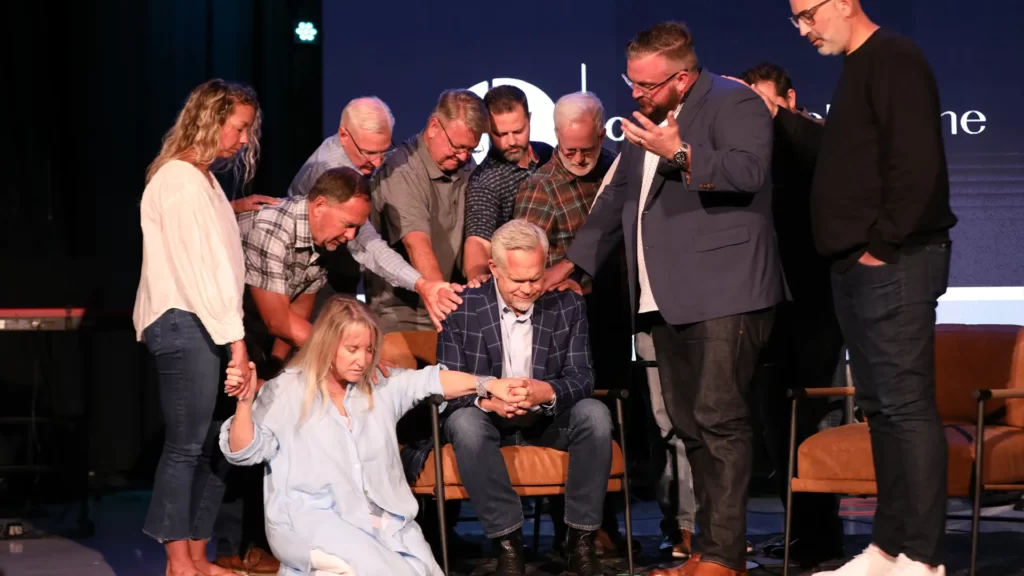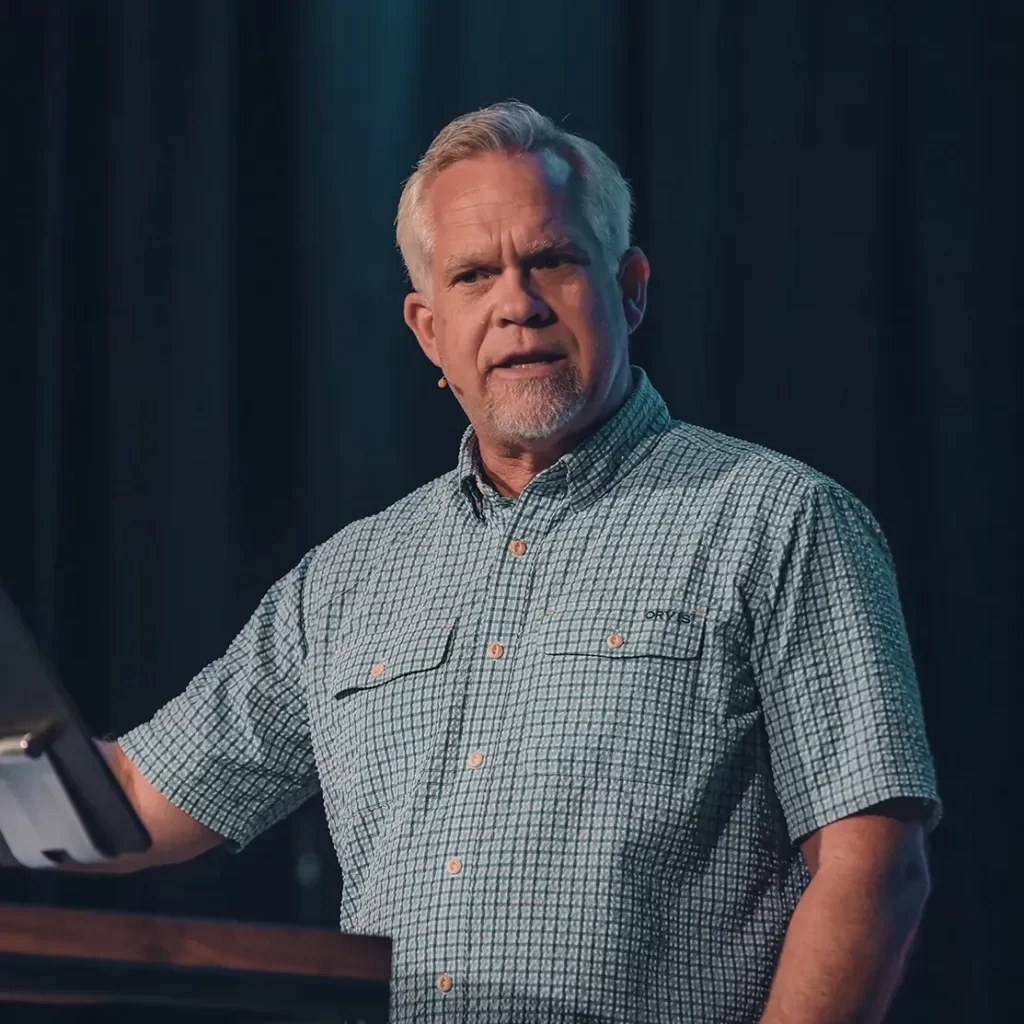The word ‘remnant’ is often thrown around without explaining its meaning. A remnant is what’s left after everything else has been cut or eaten away.
Remnants are what’s left after a tailor has cut out the fabric for a suit.
Remnants are what’s left after we’ve gorged ourselves at Thanksgiving and are too tired to look for the right size Tupperware to put them in.
A remnant is what’s left of a population after the rest has been decimated by a plague or carried away by invaders.
The Bible refers to ‘remnant’ as the faithful few who are left alive to carry on God’s work. He always leaves some.
‘A faithful few.’ ‘Some.’ We wonder just how many, exactly, make a ‘remnant’.
It’s human nature to want a ratio; some kind of formula to figure things out. If this, then that. We look to conditionals to tell us when we’re successful, i.e., finished. It’s not a new phenomenon; it goes all the way back to Abraham.
Angels visited Abraham to inform him the cities of Sodom and Gomorrah were about to be destroyed. Abraham’s nephew Lot, who had been like a son to him, lived in Sodom. Abraham mentally back-burner-ed his distress and, just as many an aggrieved parent has, began to bargain with God.
Abraham asked if the cities would still be destroyed if 50 righteous were found there. We wonder if 50 was a certain percentage of the population. Then he had the chutzpah to keep requesting they be spared for a smaller and smaller number. Each time, Merciful God agreed. Finally, Abraham extracted God’s promise that the place would be spared if ten were found.
Maybe Abraham stopped at ten because that’s exactly how much family he had in Sodom. Genesis 19:12: “Then the men [the angels] said to Lot, “Have you anyone else here? Son-in-law, your sons, your daughters, and whomever you have in the city—take them out of this place!” We can’t know for sure but ‘sons’ means at least two, plus Lot’s two daughters who lived at home, subtotaling four. Lot and his wife made six. There were the sons-in-law mentioned in verse 14, making at least two more and possibly four: two if they were betrothed to the daughters at home and four if they were married to two other daughters. The latter totals ten, the number Abraham bargained for.
Even if Lot’s family only totaled eight, SURELY, after living in Sodom for years and serving on the city council, his homeowner’s association, and the school board, ‘righteous’ Lot would have won at least two others to the Lord. However, because we read that Lot’s sons in law laughed when he begged them to leave with him, we can surmise they’d never taken his faith seriously—much less personally.
If not a percentage of Sodom’s population, ten righteous was still a very reasonable number to expect. Tragically, the only souls reckoned ‘righteous’ that could be found were six short of the agreed-upon number. Destruction rained upon the entire twin-city area. Lot, his wife, and his two virgin daughters escaped with their lives and nothing else. They were Sodom’s remnant.
Centuries before Sodom’s destruction, righteous Noah and his family totaled eight. In the many years of witnessing as they built the ark, the Bible doesn’t mention they won a single soul to the Lord. We’re told the pre-flood population went about their usual activities; there’s no mention they even noticed Noah. If they thought about him at all, they likely thought he was a fanatic. The consequence of their wickedness was that destruction rained upon them. Noah and his family were the remnant.
Comparing the accounts of Lot and Noah, we see that the remnant in both was fewer than ten. It wasn’t unreasonable to expect that after a lifetime of witnessing, those ‘righteous’ would have increased their number to equal ten. Having only ten believers—the average number of a Sunday night Small Group–would have spared Sodom.
Formulas and percentages aside, it can still be a healthy spiritual exercise to ask ourselves ‘what if?’ What if it took only ten to save my town? Could God use my family or my small group to win the lost in our town? To spur a revival in our nation? To beg the Almighty to give us time to bring more sheep safely into the fold before destruction rains on America?
Our culture is numbers driven. Companies rely on focus groups. Candidates conduct surveys. Americans make decisions based on metrics. Success formulas let us know when our goals have been reached, when we’re done. But when it comes to soulwinning, we’re never ‘done.’
Chillingly, Proverbs 27:20(a) says, “Hell and Destruction are never full.” The glorious flip side is Revelation 22:17: “And the Spirit and the bride say, ‘Come!’ And let him who hears say, ‘Come!’ And let him who thirsts come.” As the Bride of Christ, the Church’s responsibility is to invite others to Jesus.
Destruction is coming, and we–the Bride, the Church, the Remnant–can never stop witnessing. Not when we’re laughed at nor when we’re considered fanatics; certainly not when we’ve reached some quota we think we see in the Bible.




